The Best Creams for Pimples: Say Goodbye to Acne Troubles
Understanding Pimples
Pimples, also known as acne, are a common skin condition that affects people of all ages. They occur when hair follicles become clogged with oil, dead skin cells, and bacteria, leading to inflammation and the formation of small red bumps on the skin. Pimples can be a source of frustration and self-consciousness, but with the right treatment, they can be effectively managed.
Factors Contributing to Pimples
Several factors can contribute to the development of pimples. Hormonal changes, such as those experienced during puberty or menstruation, can increase oil production and trigger breakouts. Other factors include excessive sebum production, bacteria buildup, and clogged pores. Additionally, lifestyle factors like stress, diet, and skincare habits can influence the occurrence of pimples.
The Importance of Choosing the Right Cream
Choosing the right cream is crucial in effectively treating pimples. Pimple creams are formulated with active ingredients that target the underlying causes of acne, reduce inflammation, and promote healing. It's essential to select a cream that suits your specific skin type and addresses your acne concerns to achieve the best results.
Top Creams for Treating Pimples
There are various creams available for treating pimples, but some have shown consistent effectiveness. Here are some of the top creams widely recommended by dermatologists:
1. Benzoyl Peroxide Creams
Benzoyl peroxide creams work by killing the bacteria responsible for acne and reducing inflammation. They also help unclog pores and prevent future breakouts. Benzoyl peroxide creams come in different strengths, ranging from 2.5% to 10%. It's advisable to start with a lower concentration to minimize skin irritation.
2. Salicylic Acid Creams
Salicylic acid creams exfoliate the skin and unclog pores, making them effective for treating mild to moderate acne. They help remove dead skin cells, reduce oil production, and prevent the formation of new pimples. Salicylic acid creams are available in different concentrations, typically between 0.5% to 2%.
3. Retinoid Creams
Retinoid creams contain derivatives of vitamin A and work by speeding up cell turnover, preventing the clogging of pores, and reducing inflammation. They are effective in treating both comedonal and inflammatory acne. Retinoid creams may cause dryness and increased sensitivity to the sun, so it's important to follow the usage instructions and apply sunscreen.
4. Tea Tree Oil Creams
Tea tree oil has natural antibacterial properties, making it a popular choice for acne treatment. Tea tree oil creams can help reduce inflammation, kill acne-causing bacteria, and promote healing. They are often used as a natural alternative to traditional pimple creams.
5. Green Tea Gel Cream
Lightweight gel based cream Green Tea Clarity Gel Cream contains potent actives like green tea, tea tree, chamomile and vitamin E that works with your skin to achieve clarity. Its non-greasy formula helps reduce excess sebum from the face, while augmenting its natural healing process and leaving your skin feeling soft and supple.
The Gel Cream contains
- Green tea which is a powerful antioxidant, effective in reducing sebum excretion
- Tea tree kills acne forming bacteria,
- Anti-inflammatory properties of Chamomile fade acne spots and remove scars.

Green Tea Toner for Oily, Acne Prone Skin
Deep Cleanse, Tighten Pores, Hydrates|Oily & Acne Prone Skin|Powered By Gotu Kola
How to Select the Best Cream for Your Needs
When choosing a cream for pimples, consider the following factors:
1. Skin Type and Sensitivity
Take into account your skin type and any specific sensitivities you may have. Some creams may be too harsh for sensitive skin, while others may be too drying for dry skin. Look for creams that are formulated for your specific skin type.
2. Severity of AcneConsider the severity of your acne. Mild cases may respond well to over-the-counter creams, while more severe or persistent acne may require prescription-strength treatments. Consult with a dermatologist for personalized recommendations.
3. Ingredients to Look forLook for creams that contain active ingredients known for their effectiveness in treating acne, such as benzoyl peroxide, salicylic acid, retinoids, or tea tree oil. Different ingredients target different aspects of acne, so choose one that aligns with your specific concerns.
4. Professional Recommendations
Consulting with a dermatologist can provide valuable insights and recommendations based on your unique skin condition. A dermatologist can assess your acne severity and recommend the most suitable creams and treatment plan for you.
How to remove pimples naturally and permanently
- Keep your face clean by washing it twice a day with a gentle cleanser.
- Avoid touching your face with dirty hands, as it can transfer bacteria and worsen acne.
- Use natural remedies like tea tree oil, aloe vera, or honey as spot treatments.
- Maintain a balanced diet rich in fruits, vegetables, and whole grains to promote healthy skin.
- Drink plenty of water to flush out toxins and keep your skin hydrated.
- Get enough sleep to allow your body to heal and regenerate skin cells.
- Manage stress through relaxation techniques like meditation or exercise.
- Avoid using heavy makeup or oily products that can clog pores.
- Protect your skin from the sun by wearing sunscreen daily.
- Give it time—consistent skincare and a healthy lifestyle can lead to long-term improvement.
Best cream for oily skin pimples and dark spots
When it comes to finding the best cream for oily skin pimples and dark spots, it's important to look for products that address both issues effectively. Here are a few options:
-
Salicylic Acid Cream: This ingredient helps unclog pores and reduce oiliness, making it suitable for oily skin. It also has exfoliating properties that can help fade dark spots over time.
-
Retinoid Cream: Retinoids work by increasing cell turnover, reducing oil production, and promoting a smoother complexion. They can also help fade dark spots and improve skin texture.
-
Vitamin C Cream: Vitamin C is known for its brightening properties. Look for a cream with a stable form of vitamin C, as it can help reduce dark spots and even out skin tone.
-
Niacinamide Cream: Niacinamide is beneficial for oily skin as it helps regulate sebum production and minimize pore appearance. It also aids in fading dark spots and promoting a more even complexion.
Remember to patch test any new product and consult with a dermatologist if you have specific concerns or allergies. Additionally, maintaining a consistent skincare routine and practicing good lifestyle habits will contribute to overall skin health.
FAQs About Creams for Pimples
1. Can creams alone treat pimples?
While creams can be an essential part of an acne treatment regimen, it's often recommended to combine them with other measures like a gentle cleanser, moisturizer, and healthy lifestyle habits for best results.
2. How long does it take for a pimple cream to work?
The time it takes for a pimple cream to show results can vary depending on the individual and the severity of the acne. Some creams may show improvements within a few days, while others may take several weeks. Consistency and patience are key.
3. Can I use pimple creams for sensitive skin?
Yes, there are pimple creams specifically formulated for sensitive skin. Look for creams labeled as gentle or suitable for sensitive skin. It's always advisable to do a patch test before applying the cream to your face.
4. Are there any side effects of using pimple creams?
Some pimple creams may cause side effects such as dryness, redness, or peeling. If you experience any severe or persistent side effects, discontinue use and consult a dermatologist.
5. Can pimple creams be used as a preventative measure?
Yes, pimple creams can help prevent breakouts when used as part of a regular skincare routine. They can keep pores clear and reduce the likelihood of future pimples.
Conclusion
Dealing with pimples can be frustrating, but with the right cream, you can effectively manage and reduce breakouts. Consider your skin type, acne severity, and ingredients when choosing a cream. Remember to follow the instructions provided and consult a dermatologist for personalized advice. With consistency and the right treatment, you can say goodbye to pesky pimples and achieve clearer, healthier skin

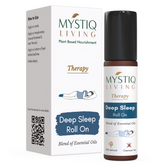
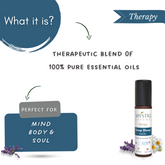
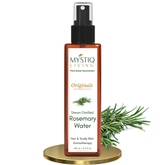
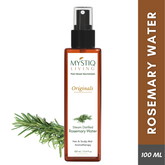
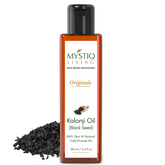
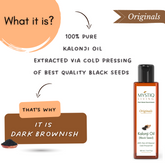
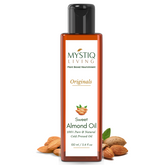
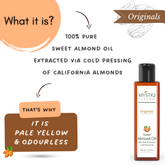
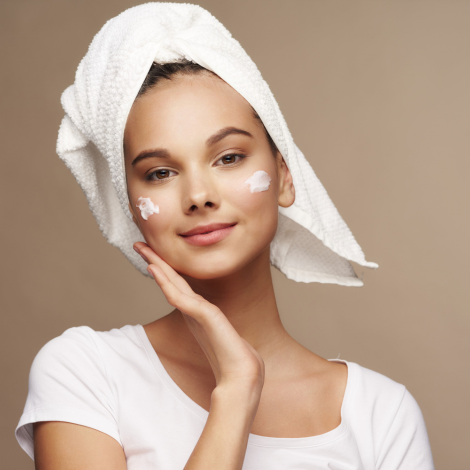
Leave a comment
Please note, comments need to be approved before they are published.